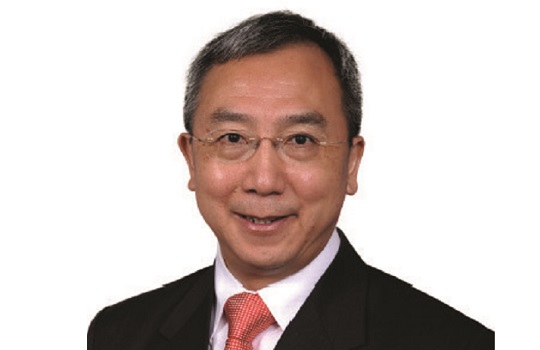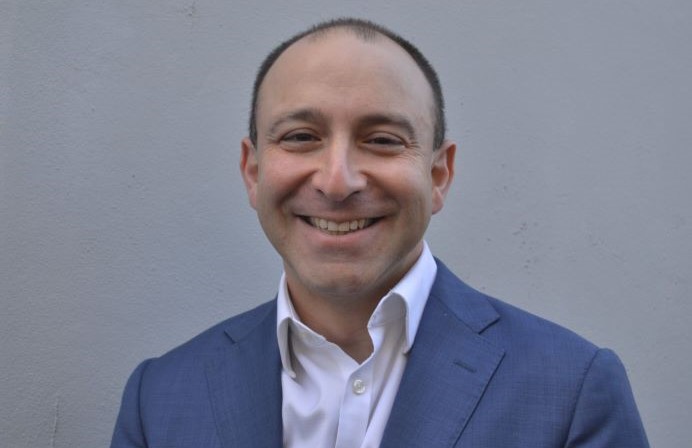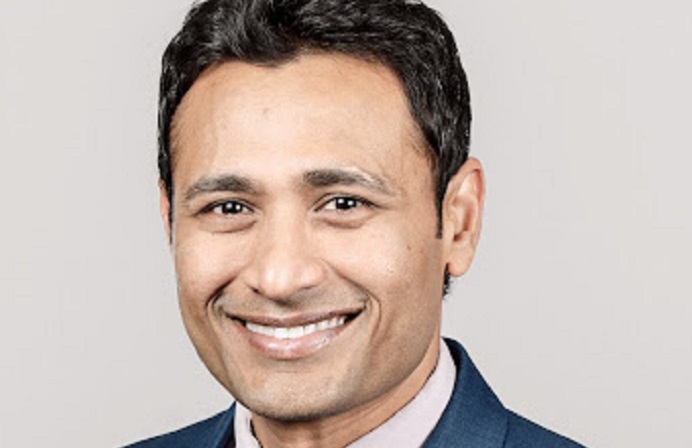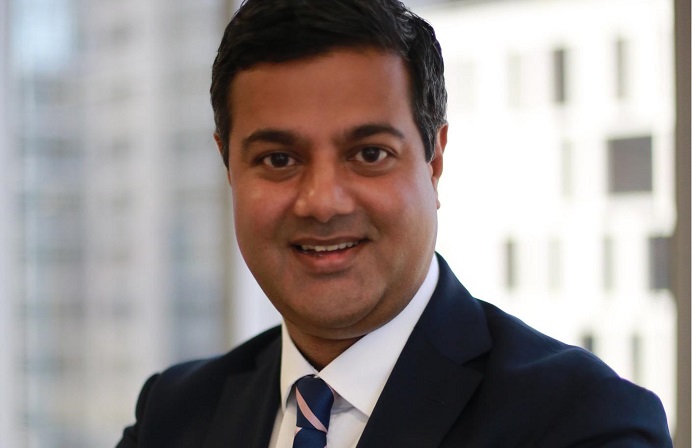
MasterCard’s General Manager of the Global Digital Technology Centre speaks with FST Media about what payments will look like in 2020.
FST Media: What is the ‘holy grail’ that technology and innovation are yet to deliver in financial services?
Yen: It is less a consideration of “not yet delivered”, and more one of “not yet fully embraced”. While we do have a strong value proposition for merchants when it comes to payments, we have yet to see merchants fully embrace them. Moreover, we need reach a situation where such payments are not simply seen a “cost of doing business”, but rather as a means to increase sales and retain customers.
From a consumer standpoint, we are already seeing how digital convergence is radically altering the day-to-day shopping experiences and habits of consumers. While people do not necessarily wake up every morning excited about how they will pay for the things they need each day, the way these payments are made has changed considerably.
FST Media: What will payments look like in 2020?
Yen: The ability to pay anywhere, anytime, with any number of devices, using strong but non-intrusive multi-factor authentication, coupled with many value-added payment functions (for example, product reviews, price comparison, loyalty, promotions, etc.) will ultimately displace traditional payment methods. Having said that, payment systems and infrastructure enhancements have traditionally taken a long time to evolve – the typical adoption cycle for Europay, Mastercard and Visa (EMV), from first exploration to final deployment, is around 10 years. Indeed, while there will be more devices enabled for payment, more methods of authentication and better integration of payment with value added services, we are unlikely to see the plastic card disappear by 2020.
Digital commerce accounts for about six per cent of total retail commerce today. By 2020, it is likely to be in the range of eight to 25 per cent, depending on how some of the newer initiatives, such as ApplePay and Samsung Pay, will shape the markets. Emerging markets will grow more quickly than developed markets, with the potential for emerging market transactions to be equal to that of developed markets by 2020. Browser-based digital payments will remain a major force, and indeed may still remain the dominant method of payment in 2020, compared with mobile in-app or mobile contactless payments.
FST Media: You have predicted Australia to become the global leader in mobile payments, why?
Yen: Australia is now the world-leader in contactless payments. A major use case for mobile payments is Near Field Communication (NFC). Australia not only maintains one of the most advanced infrastructures to facilitate mobile NFC payments, but also a willing population and industry that embraces new ways of transacting. The Commonwealth Bank of Australia was the first in the world to implement the embedded Secure Element (eSE) payment solution from Samsung – CBA’s mobile banking application remains one of the most advanced. Coles, a major merchant, is also a leader in utilising mobile technology to enhance the value proposition for customers.
FST Media: What are your plans to integrate wearable devices with payments in Asia Pacific?
Yen: We have a strong history of working with consumer product-leaders such as Apple, Google, and Samsung. We will continue to work with industry leaders, as other form factors are introduced for payments.
This is not a new area for us. Even in the early days of contactless payments, about seven to eight years ago, MasterCard had already partnered with vendors to test wearables, such as wrist bands and key fobs, that have contactless payment capabilities.
FST Media: How has MasterPass delivered value to the business and how are you measuring success?
Yen: MasterPass is one of our ‘anchor products’ as we transition from plastic to digital. It provides a strong value proposition of convenience and safety to consumers. Like previous efforts to upgrade the payments infrastructure, the transition to digital will take time. We are measuring success by the continued expansion of MasterPass countries and the increased use of MasterPass.
Any time we use new technology to make payments simpler, more secure, and smarter, we are adding value to all the stakeholders in the value chain: cardholders, issuers, acquirers, merchants, and of course, MasterCard as well.
Of course, MasterPass is not the only digital payment solution that we are relying on for the transition to digital. Our MasterCard Digital Enablement Service (MDES) provides critical digitalisation and tokenisation for our customers. It is the foundation for ensuring safe transactions on devices that naturally carry higher security risks than chip cards.
FST Media: How are you responding to the increasing threat of payment disruptors such as Alipay and Apple Pay?
Yen: We see Apple, Alipay and others as partners in advancing the entire industry towards digital. We are an integral part of Apple Pay, providing digitalisation and tokenisation services through the MasterCard Digital Enablement Service (MDES). The payment transaction facilitated through Apple Pay is a MasterCard transaction, processed by MasterCard – creating great synergy between Apple and MasterCard.
FST Media: How will cryptocurrencies affect the payments landscape?
Yen: There has certainly been a lot of interest in crypto-currencies, and Venture Capitalists (VCs) are funding further development. It is too early to predict what will happen and when, but it is safe to say there will be further development in this space.
Regulators will play a key role here, as they are the ones entrusted with protecting the public interest and the integrity of the financial system. Cryptocurrencies embody many interesting innovations, but the public, especially those less savvy with the benefits and risks, must be protected.
FST Media: What role will biometrics play in paving the way for more secure online and mobile transactions?
Yen: There will be increased use of biometrics – particularly with fingerprint recognition on mobile devices – to facilitate safer payments. Consumers will no doubt readily adopt it, as it is much more convenient than entering a password or passcode.
Compared to any other time in its history, the payment card industry faces an extraordinary variety of security challenges, as the transaction environment grows in size and complexity. In order to protect the integrity of the payment ecosystem, MasterCard is developing standards to ensure acceptable levels of security have been implemented.
In the same vein, a stringent testing and approval process will be in place to reduce the risk of improper use of biometrics authentication methods.
FST Media: How do you encourage a culture of innovation in your team?
Yen: Coming up with ideas is easy, but coming up with ideas that can be commercialised and scaled is a lot more difficult. My focus is to promote end-to-end innovation, thinking through all business and technology aspects with a strong value proposition identified for all relevant stakeholders: consumers, merchants, and financial institutions.
I also seek to promote the notion of embracing ideas and things not invented by ourselves. We are a small team and must leverage innovation from the rest of the organisation, as well as from outside MasterCard. In many ways, I view the team as one that packages innovation – while we will generate some, many will come from the industry.
At MasterCard, technology and innovation are in our DNA; we are more than ready for the challenges and opportunities these changes represent. We are thinking differently, designing products differently, and innovating more rapidly than ever before. Innovation is everyone’s responsibility at this company.
FST Media: Every leader has a legacy they wish to be remembered for, what is yours?
Yen: Having worked on Europay, Mastercard, Visa (EMV) introduction, partnered with SUN Microsystems to introduce JavaCard, founded GlobalPlatform, and introduced 3-D Secure, I feel the legacy for international standards is already present. I hope to add one more to the list: to be remembered as someone who has influenced technology standards to change merchants’ thinking about payments, from simply being seen as of a ‘cost of doing business’, to truly understanding and embracing modern payment systems as a smart way to increase sales and retain customer.





